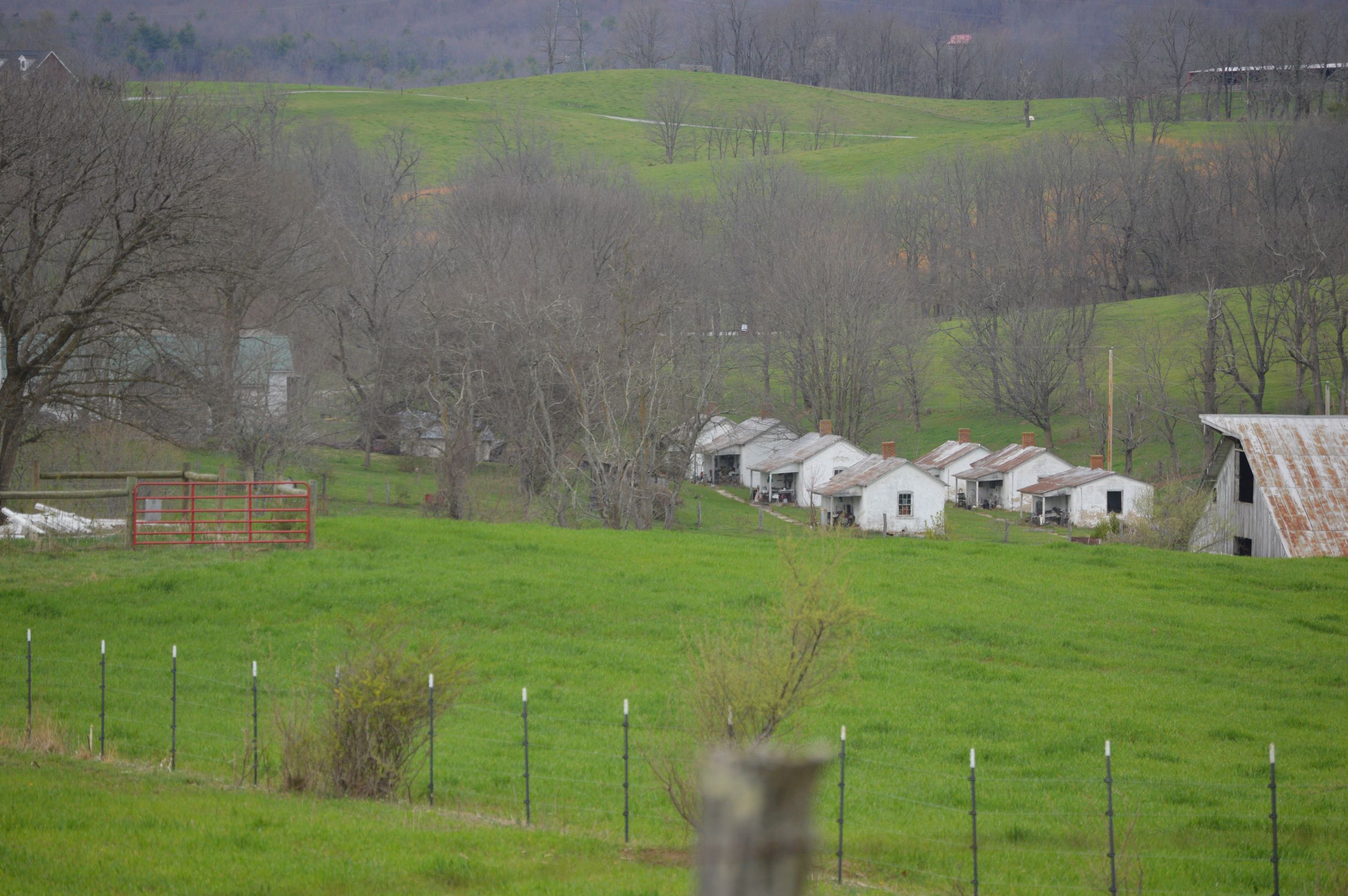Ancestors Fall on Hard Times? Check Out the Poorhouses!
(Wythe Co. poor farm image credit: By Nyttend – Own work, Public Domain, https://commons.wikimedia.org/w/index.php?curid=57704286) What is a poorhouse? Simply put, it’s a county- or town-run residence where paupers were supported at public expense. It was known by several names – almshouse/alms house, poorhouse/poor house, poor farm, county farm, county home, and workhouse. And it’s possible that an ancestor or other family member may have spent some time in one. American poorhouse resources are little-known or vastly underutilized. According to Linda Crannell, formerly known as “The Poorhouse Lady, “The poorhouse seems to remain so invisible to us today. This is despite the fact that the poorhouse was probably one of the most extensively publicly document institutions in 19th century America.” These institutions have not been places that genealogists would normally think to look for when dealing with “disappeared” ancestors. This blog will demonstrate the value of poorhouse research, availability of poorhouse...












Recent Comments